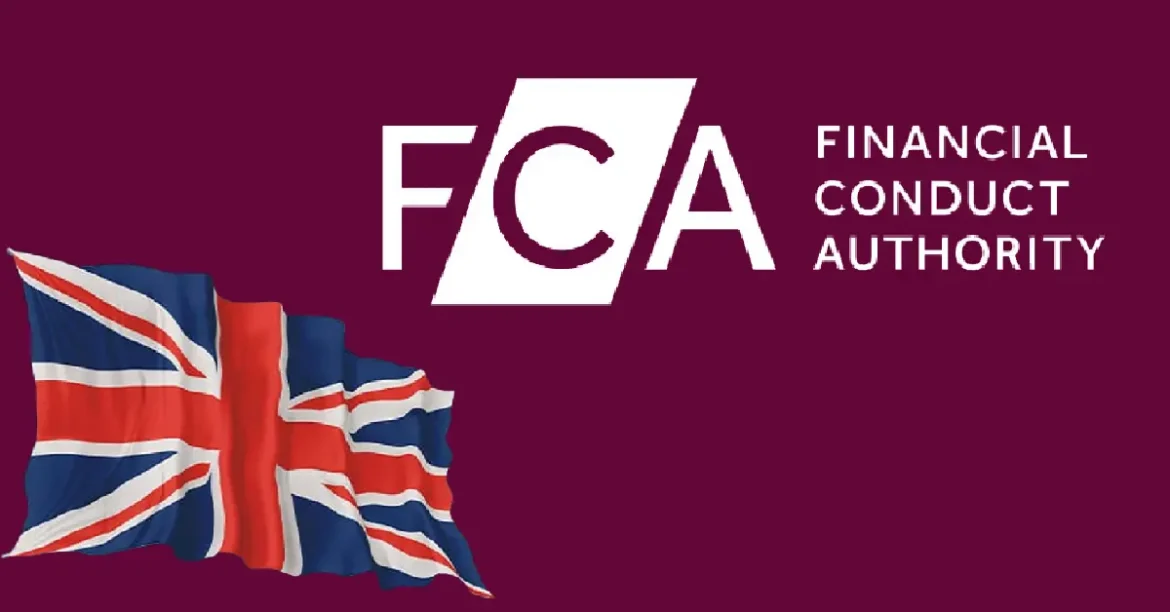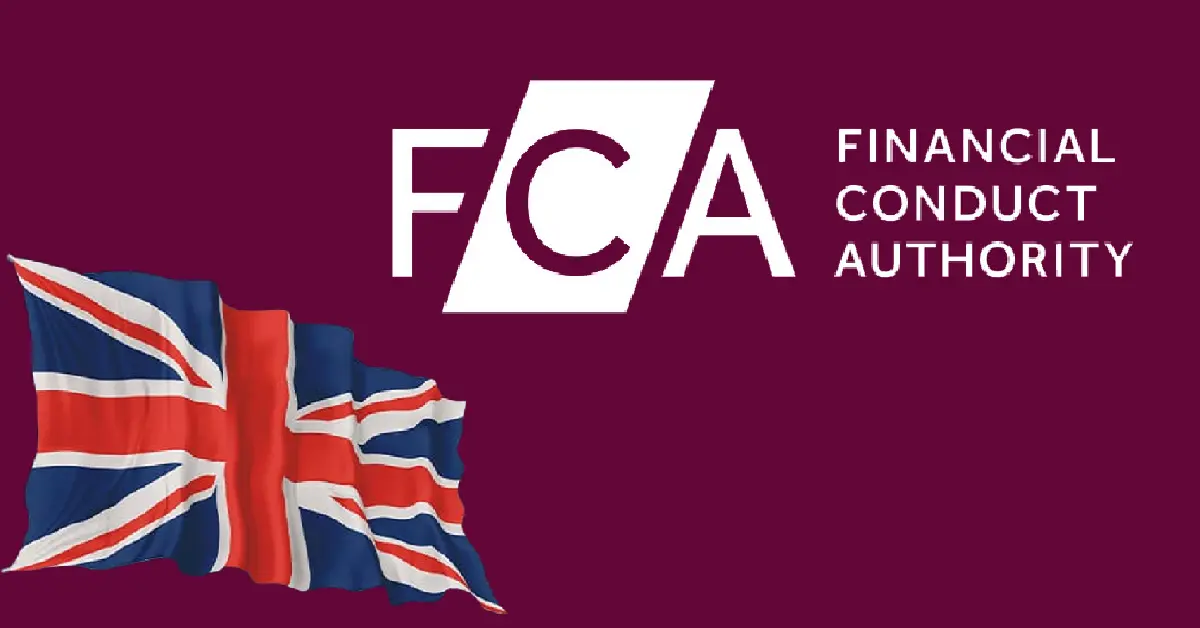The UK’s Strategic Shift Towards Crypto Regulation
The UK’s Financial Conduct Authority (FCA) has taken significant steps to regulate the crypto industry, aligning with global trends and addressing the unique challenges posed by digital assets. This move is not just about imposing rules but about creating a balanced framework that fosters innovation while protecting consumers and maintaining market integrity.
The FCA’s Roadmap to Crypto Regulation
The FCA’s roadmap for crypto regulation is a comprehensive plan that outlines the steps the authority will take to bring the crypto industry under its regulatory purview. The roadmap includes several key milestones, starting with public consultations and ending with the full implementation of regulations by 2026. This phased approach allows for stakeholder input and ensures that the regulations are robust and effective.
The FCA has released a discussion paper seeking views on intermediaries, staking, lending, borrowing, and decentralized finance (DeFi). This paper is a crucial part of the consultation process, as it aims to gather public and industry views before finalizing the regulations. The FCA’s goal is to create a regulatory framework that is fair, transparent, and conducive to innovation.
Aligning with Global Standards
The UK’s approach to crypto regulation aligns with the US’s ‘crypto as securities’ stance, diverging from the EU’s more tailored approach under the Markets in Crypto-Assets Regulation (MiCAR) regime. This alignment is strategic, as it positions the UK as a global leader in crypto regulation, facilitating cross-border cooperation and ensuring that UK-based crypto firms can compete on a level playing field.
The FCA’s alignment with the US also reflects a broader trend in global crypto regulation. As digital assets gain mainstream acceptance, regulators worldwide are grappling with how to balance innovation with risk management. The UK’s approach, which emphasizes consumer protection and market integrity, is a model that other countries may follow.
Addressing Market Risks
The FCA has identified several risks in the crypto market that it aims to address through regulation. One of the most significant risks is the use of credit to purchase crypto. The FCA has proposed a ban on crypto purchases using credit cards or other forms of credit, citing the high volatility of crypto assets and the potential for consumers to incur significant losses.
Another risk is the lack of transparency in the crypto market. The FCA aims to improve transparency by introducing regulations on admissions and disclosures, as well as a market abuse regime for crypto assets. These regulations will require crypto firms to provide clear and accurate information to investors, reducing the risk of fraud and manipulation.
Protecting Consumers
Consumer protection is a key priority for the FCA in its approach to crypto regulation. The authority has proposed a comprehensive ban on unregulated crypto offerings, expanding its oversight of digital assets. This ban aims to protect consumers from scams and failed projects, which have been a significant problem in the crypto industry.
The FCA has also proposed restrictions on crypto lending and borrowing, aiming to curb risky practices that can harm consumers. These restrictions will require crypto firms to adhere to strict lending standards, ensuring that consumers are not exposed to excessive risk.
Fostering Innovation
While the FCA’s approach to crypto regulation is focused on risk management, it also aims to foster innovation. The authority has recognized the potential of crypto assets to transform the financial industry and has sought to create a regulatory environment that supports innovation.
The FCA’s roadmap includes provisions for sandbox testing, which allows crypto firms to test new products and services in a controlled environment. This approach enables firms to innovate while ensuring that consumers are protected.
The Future of Crypto Regulation in the UK
The FCA’s roadmap for crypto regulation is a significant step forward for the UK, positioning the country as a global leader in digital asset regulation. The authority’s approach, which balances innovation with risk management, is a model that other countries may follow.
As the FCA moves closer to implementing its regulations, it will be crucial for stakeholders to engage in the consultation process and provide feedback. This engagement will ensure that the regulations are effective, fair, and conducive to innovation.
Conclusion: A New Era of Crypto Regulation
The FCA’s roadmap for crypto regulation marks a new era for the UK’s approach to digital assets. By aligning with global standards, addressing market risks, protecting consumers, and fostering innovation, the FCA is creating a regulatory framework that is robust, transparent, and conducive to growth.
As the FCA moves closer to implementing its regulations, it will be crucial for stakeholders to engage in the consultation process and provide feedback. This engagement will ensure that the regulations are effective, fair, and conducive to innovation, positioning the UK as a global leader in crypto regulation. The future of crypto in the UK is bright, and the FCA’s roadmap is a significant step towards realizing that potential.





